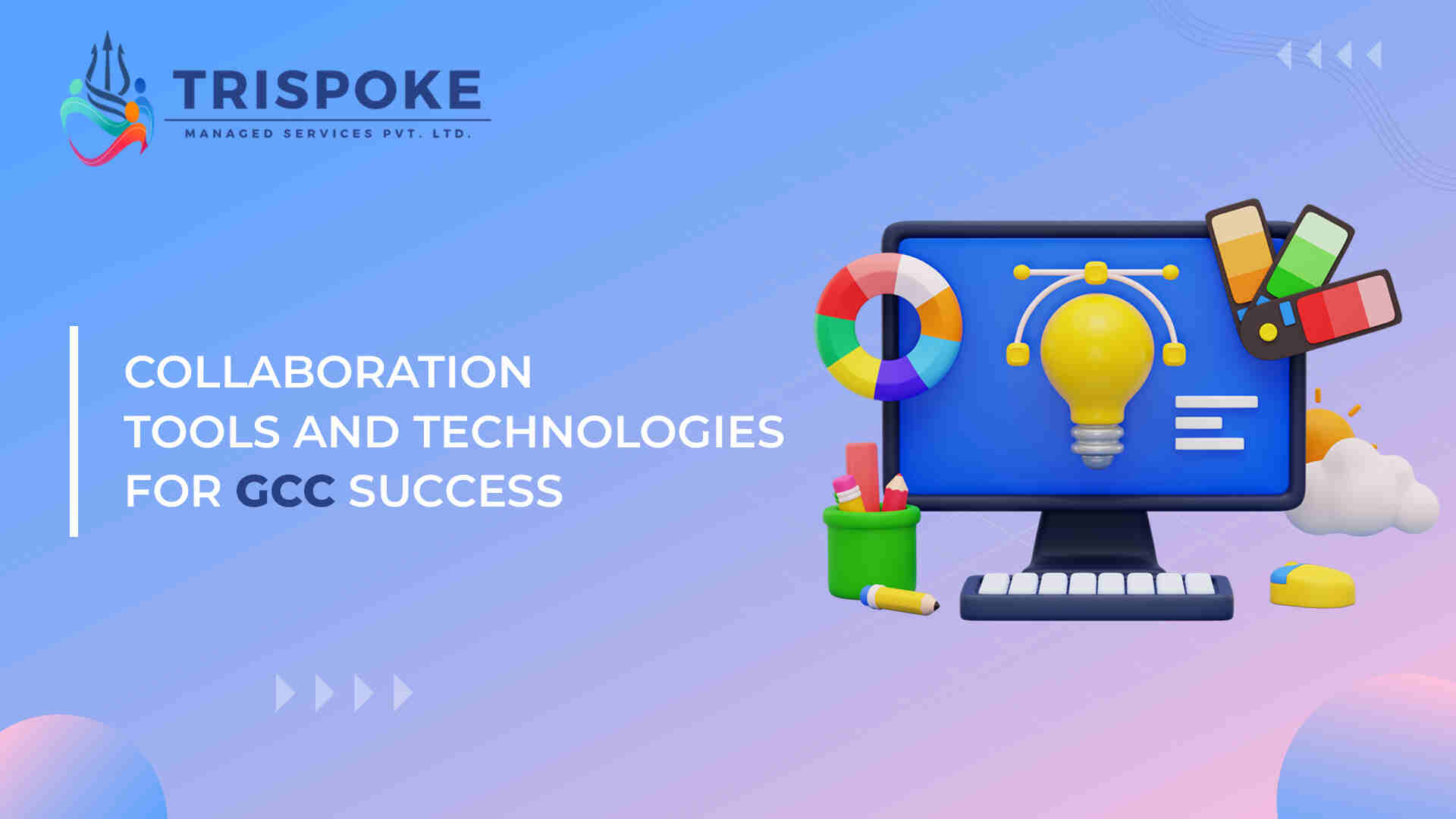Global Competency Centers (GCCs) serve as hubs of innovation and efficiency for multinational organizations. Effective collaboration is essential for GCCs to meet their objectives and drive business success. Leveraging the right tools and technologies can bridge geographical and cultural divides, enhance productivity, and foster innovation. Here are key collaboration tools and technologies that contribute to GCC success:
1. Communication Platforms
Real-time communication is vital for GCC operations. Tools like Microsoft Teams, Slack, and Zoom provide instant messaging, video conferencing, and file-sharing capabilities. These platforms enable seamless interaction across teams, irrespective of time zones, and foster a culture of transparency and accessibility.
2. Project Management Software
Efficient project management is critical to tracking progress and meeting deadlines. Applications such as Trello, Asana, and Jira allow GCC teams to manage workflows, assign tasks, and monitor project timelines effectively. These tools offer visual dashboards and reporting features to keep stakeholders informed.
3. Document Collaboration Tools
GCCs require tools for collaborative document editing and secure file storage. Solutions like Google Workspace and Microsoft 365 enable teams to work simultaneously on documents, spreadsheets, and presentations. Version control and real-time updates minimize errors and streamline workflows.
4. Cloud Storage and File Sharing
Cloud platforms like Dropbox, OneDrive, and SharePoint ensure that all team members have access to necessary files from any location. Secure file-sharing options protect sensitive data while enabling easy collaboration.
5. Knowledge Management Systems
Knowledge-sharing is crucial for innovation and problem-solving. Tools like Confluence, Notion, and SharePoint provide centralized repositories for storing and accessing organizational knowledge, fostering continuous learning and idea generation.
6. AI-Powered Analytics and Automation Tools
Automation tools such as UiPath and data analytics platforms like Tableau help GCCs streamline repetitive tasks and derive insights from data. AI-driven solutions enhance decision-making, allowing teams to focus on strategic initiatives.
7. Language Translation Tools
With diverse teams often working in GCCs, language barriers can be a challenge. Tools like Google Translate, DeepL, and real-time translation features in platforms like Microsoft Teams help bridge language gaps, ensuring effective communication.
Conclusion
The success of a GCC hinges on its ability to leverage advanced tools and technologies for seamless collaboration. By integrating communication platforms, project management software, and AI-powered solutions, GCCs can overcome geographical barriers and foster a productive, innovative environment. Organizations that invest in these technologies empower their GCCs to deliver exceptional value and drive global success

